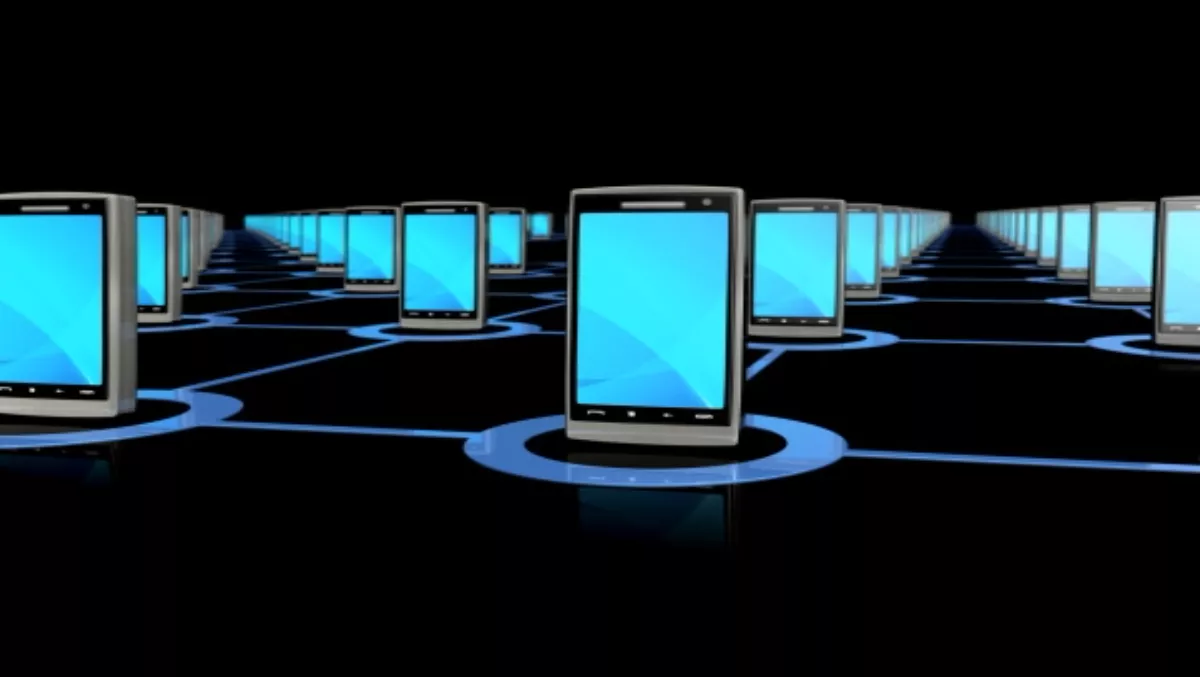
4G: ‘Fast’ is nothing, says Amdocs
With the advent of 4G mobile networks, the promise of a faster pipe for the internet is likely to become reality within months for Kiwi punters.
But 4G service providers will be under pressure to offer a lot more than speed to keep consumers happy - and they should also look beyond the handset.
That’s according to Amdocs director of data experience solutions Jason Beaumont who says selling 4G on speed is a self-limiting strategy likely to founder.
“Data access is mainstream, our lives are moving online and when customers have a poor experience, there is a backlash,” he says.
“Every time a ‘faster’ connection is introduced, customers use up the available bandwidth; new handsets with their multiple applications use ever-more data, even when not in active use by the owner.”
And we tend to use our handsets as one component of a ‘digital life’ which also includes the television and a computer.
As a result, Beaumont says service providers need to find ways to monetize data effectively while providing customers with experiences that they enjoy across these devices.
“That means the ability to self-manage accounts and capacities, simplicity in using the services that are possible with 4G and real-time interaction with service providers when necessary.”
Customers, he says, might pay for ‘a gig of data’, but what they are buying is an internet experience.
Hitting the limit is a common cause for annoyance; “Customers get upset when they hit their cap and get shaped; they get even more upset with ‘bill shock’ if they aren’t shaped and get charged for overage…”
This all-too-common situation provides a good example of how and where service providers can improve their interactions with customers.
“There is an opportunity to be more transparent and proactive with customers to ensure a pleasant experience; there is an opportunity for upsell and tailoring of plans on the fly - but doing that at scale depends on systems that provide some intelligence on the customer’s use patterns,” Beaumont says.
More than that, bundling of the services that are possible with a faster connection will be key to catching and keeping the attention of customers.
“For service providers, that means working with ‘over the top’ players [eg application vendors] to create simple-to-use, compelling packages that blend services across devices.”
The real opportunity with 4G is not faster internet; instead, it is the potential it offers for service providers to create, deliver and share high-definition content services backed with smart billing, charging and policy, and quality of service.
“4G means the ability to deliver high-definition voice, video, gaming and other content with a guaranteed level of service…but it has to be a simplified experience across devices.
"That will be a key strategy for service providers going forward. However, those simply selling it on speed will come in for trouble,” Beaumont concludes.

